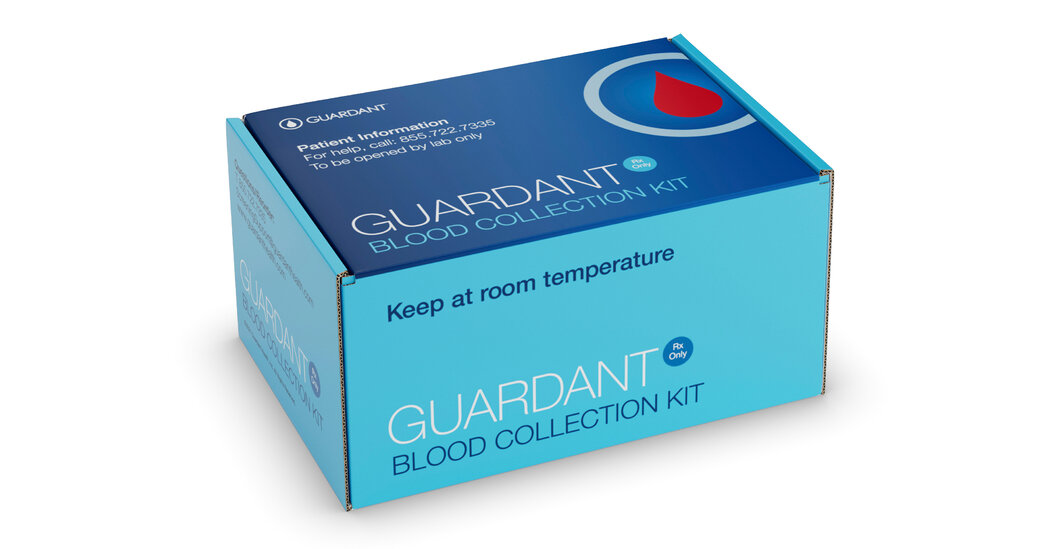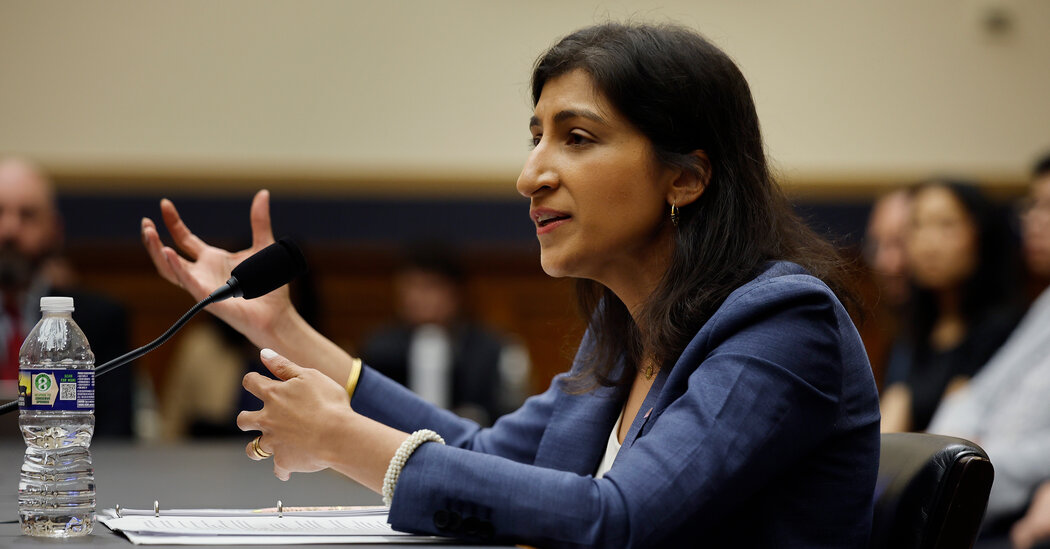A committee of experts that advises the Food and Drug Administration voted by large majorities on Thursday that a new blood test to screen people for colon and rectal cancers was safe and effective, and that its benefits outweighed its risks.
But the group cautioned that the blood test had limitations and added that they were endorsing it with the hope that it would increase the abysmally low number of people who are regularly screened for this cancer.
The F.D.A. usually follows the advice of its expert committees.
In the United States, about 150,000 people are diagnosed with colon and rectal cancers annually, and about 53,000 are expected to die this year. Most who are screened for the disease receive a colonoscopy or a fecal test. The F.D.A. approved these methods long ago, and research has demonstrated that they are more accurate than the new blood test, Shield, made by Guardant Health of Palo Alto, Calif.
But for people with average risk of the disease, a blood test would offer convenience — no difficult preparation, fasting or anesthesia needed as is the case for a colonoscopy, no ick factor of a self-administered fecal test. It still must be followed by a colonoscopy if cancers or pre-cancers are detected.
The biggest issue with the blood tests is that, unlike colonoscopies, they miss most of the precancerous growths on the colon that, if detected and removed, would prevent a person from developing cancer. That, said Dr. Stephen M. Hewitt, a committee member from the National Cancer Institute, “really undermines the concept of cancer prevention.”
The test, said Charity J. Morgan, a committee member who is a biostatistics professor at the University of Alabama, Birmingham, “is better than nothing for patients who are getting nothing, but it is not better than a colonoscopy.”
And there are a lot of people who are getting nothing.
The F.D.A. noted that a third of people who should be screened for colorectal cancer are not getting screened and more than 75 percent who died had not been up to date with screening.
If the agency approves the Guardant Health test, the hope is that it could fundamentally change the discouraging statistics on colon cancer by giving patients of average risk who refuse colonoscopies a convenient option to be screened.
Colon cancer is one of the only cancers that can actually be prevented with screening. That is because the disease starts slowly as a polyp, a small, harmless growth on the colon wall. Most polyps never cause any problems but a few eventually turn into cancer. If they are detected and cut out, the cancer is avoided.
Even if a polyp is missed and a cancer develops, it usually can be effectively treated if it is found before it spreads. The five-year survival rate for early colorectal cancer is 91 percent, compared with 14 percent if the cancer has metastasized.
The Guardant test found 83 percent of colorectal cancers but only 13 percent of dangerous polyps.
Colonoscopies find 95 percent of the dangerous polyps, and the most advanced fecal test finds 42 percent of them. The Guardant test is less accurate because its task is so difficult. It must find minuscule fragments of DNA from dead colon cells that end up in the blood.
The company argues that because its blood tests can be done easily and frequently, there is a higher likelihood that dangerous polyps eventually will be found in the years it takes them to develop into cancers. That, though, has yet to be demonstrated.
And the committee considered a lingering question: Is the risk that the blood test will miss a dangerous polyp balanced by the likelihood that it could greatly increase the number of people who are screened?
For some committee members the answer clearly is yes. Any screening is better than none.
“The important thing is to get more people screened in some fashion,” said Dr. Alexander D. Borowsky, a professor in the department of pathology and laboratory medicine at the U.C. Davis School of Medicine.







